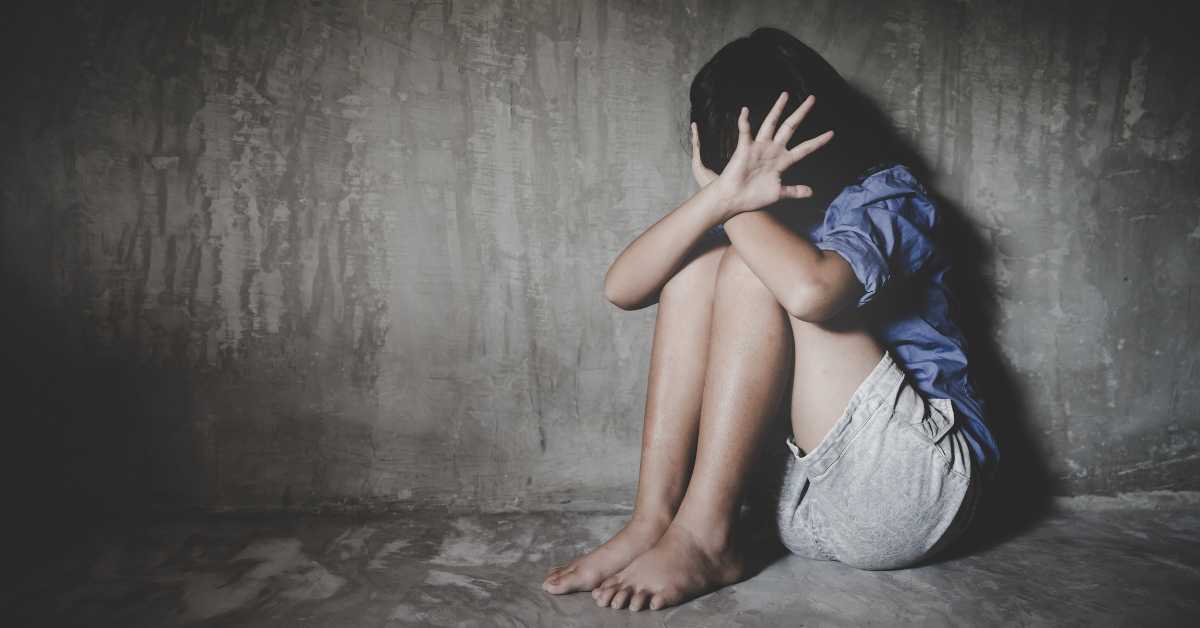Challenges Child Sexual Assault Victims Face With Disclosure

Are you a childhood sexual abuse survivor or suspect that someone you love may have suffered such abuse? You’re not alone. According to the Rape, Abuse & Incest National Network (RAINN), one in nine girls and one in 20 boys under 18 have experienced sexual abuse or assault. Additionally, most child sexual abuse cases are perpetrated by family members or someone the victim is close to.
Attorneys who handle sexual abuse claims understand the barriers to disclosing abuse.
Barriers to Disclosure of Childhood Sexual Abuse
Many childhood sexual abuse cases go undisclosed, but why is this so?
Social Stigma
Child sexual abuse often goes undisclosed because victims worry what others will think. In some families and cultures, their fears aren’t unfounded. Family members, neighbors, and even police may blame the victim for what happened. To avoid this, many victims remain tight-lipped.
Familial Relationship With the Abuser
Abuse victims are less likely to disclose if the abuser is a family member. Perhaps they still love the person, even after what they did to them. And if the child is dependent on the perpetrator, they might feel as though they have nowhere else to turn.
Shame and Self-Blame
Children sometimes blame themselves for abuse even when it clearly wasn’t their fault. This is especially true if the perpetrator frames the abuse as punishment for something the child did wrong. The younger the child is, the more likely they are to believe this lie.
Fear of Consequences
Fear of consequences is one of the main reasons child sexual abuse goes undisclosed. Children worry that a parent might punish them for “tattling” or ostracize them from the family.
Intellectual Disability
Children with intellectual disabilities, such as autism and Down syndrome, are less likely to disclose abuse than young people without disabilities. This may be because they don’t understand the abuse or they cannot verbalize what happened to them.
If you suspect that your intellectually disabled child may have suffered abuse, contact a child sexual abuse attorney now.
The Possibility of Disbelief
Children who’ve suffered abuse often worry that nobody will believe them, even if they’re brave enough to tell. This is especially the case if the abuser is a family member. Unfortunately, this fear often becomes a reality.
If they tell a parent, they might say, “Your uncle would never do something like that,” or “The neighbor is a lovely woman. How could you accuse her of such a thing?”
Younger Age
Research has shown that the younger a child is, the less likely they are to disclose abuse. This makes sense if a child is too young to explain what happened to them. Additionally, the perpetrator might frame the abuse as a “fun game” or “special secret” and make the child swear not to tell anyone. If the child is too young to know better, they’ll faithfully do as they’re told.
Gender
Boys are less likely to report abuse than girls are. Perhaps this is because they feel more shame over the incident, especially if their abuser is also male.
Can You Sue for Childhood Sexual Abuse?
The possibility of filing suit against an abuser depends on where you live, when the abuse happened, and the severity of the abuse (misdemeanor vs. felony). Talk to an attorney who handles child sexual abuse to learn your rights.
Hire a Lawyer Specializing in Child Sexual Abuse Cases
If you need a legal advocate for abused children, let a child sexual assault attorney from our firm help. We have handled numerous claims throughout the United States and have unprecedented success in resolving these claims. .
Call Fadduol, Cluff, Hardy & Conaway, P.C., at (800) 433-2408 to hire legal representation for child victims.
